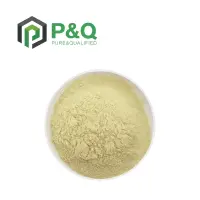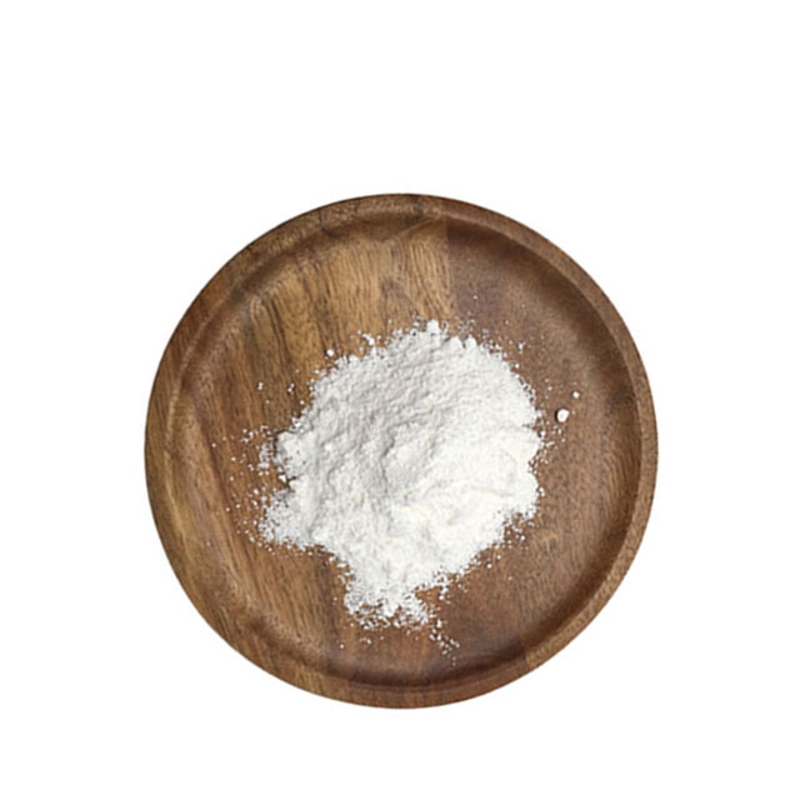-
Categories
-
Pharmaceutical Intermediates
-
Active Pharmaceutical Ingredients
-
Food Additives
- Industrial Coatings
- Agrochemicals
- Dyes and Pigments
- Surfactant
- Flavors and Fragrances
- Chemical Reagents
- Catalyst and Auxiliary
- Natural Products
- Inorganic Chemistry
-
Organic Chemistry
-
Biochemical Engineering
- Analytical Chemistry
- Cosmetic Ingredient
-
Pharmaceutical Intermediates
Promotion
ECHEMI Mall
Wholesale
Weekly Price
Exhibition
News
-
Trade Service
May 5, 2020 / / -- More than a century after providing aspirin to the world, another potential drug has been found in the stems and leaves of willows -- this time an anti-cancer drug.
scientists from the Rothamsted Research Institute, in collaboration with cancer biologists at the University of Kent, have discovered a chemical called miyabeacin, which kills a variety of cancer cells, including those that are resistant to other drugs.
particularly exciting is its activity on neuroblastoma, a common childhood cancer that is difficult to treat and has an overall survival rate of less than 50 percent.
laboratory tests, Miyabeacin has also been found to be effective in several breast, throat and ovarian cancer cell line.
Mike Beale, of Rothamstedt and co-leader of the study, said that while the pharmacological activity of saliolic acid, the active ingredient in aspirin, is well known, the pharmacological properties of miyabeacin may be stronger.
image source: "Since drug resistance to treatment is an important issue for cancers such as neuroblastoma, new drugs with new modes of effect are needed, and miyabeacin may offer a new opportunity in this regard."
From a structural point of view, it contains two sets of saliolic acid, which gives it a potential 'double dose' of anti-inflammatory and anticoagulant capacity, which we associated with aspirin.
, however, our findings report the activity of miyabeacin on many cancer cell lines, including access to drug-resistant cell line, providing further evidence of the multi-pythonic effects of willow.
after brain cancer, neuroblastoma is the most common solid tumor in children under five years of age.
team tested miyabeacin's effect on a range of cancer cells.
initial cell survival test was conducted in neuroblastoma cell line established from stage 4 neuroblastoma patients and drug-resistant subsysty.
beale says the next step is to expand the production of miyabeacin from artificially bred willows and provide more material for further medical testing.
use of willow bark in medicine was documented by ancient Greek, Assyrian and Egyptian civilizations, but it was not until 1763 that scientific reports first indicated that willows were a source of anti-fever drugs.
1897, Bayer produced the man-made aspirin, one of the earliest and most successful nature-inspired drugs.
"Probably because of the success of aspirin, medical evaluations of other saliolic acid drugs in willows have been largely ignored by modern science, and the national willow collection has proven to be a gold mine for exciting new chemicals, which may be the basis for its place in ancient therapies," she said.
" () Reference: 'Exciting' anti-cancer compound founded in the humble willow Jane L. Ward et al. Miyabeacin: A new cyclodimer presents a potential role for willow in cancer therapy, Scientific Reports (2020). DOI: 10.1038/s41598-020-63349-1.







